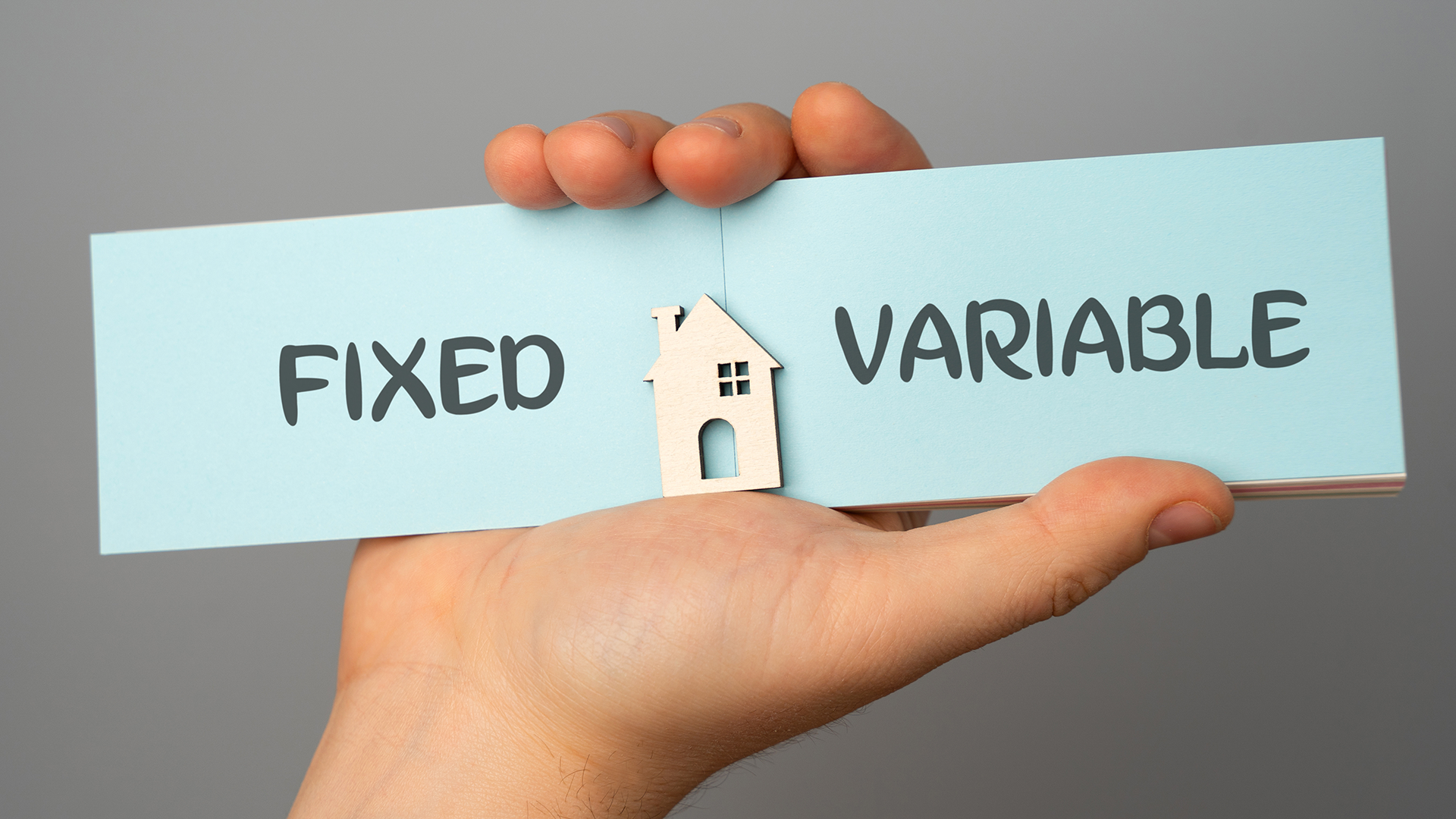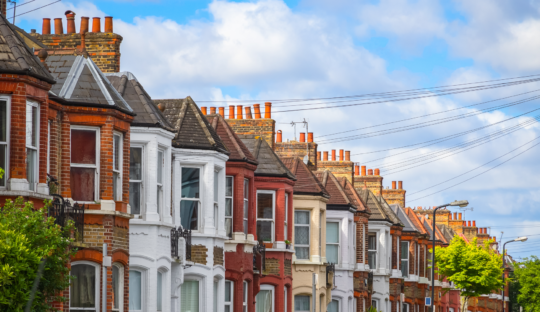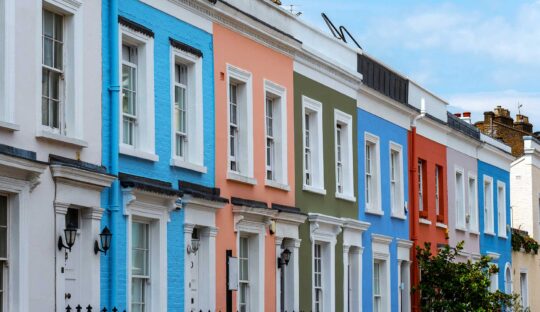In this article
For first time buyers choosing a mortgage, one of the biggest decisions is whether to go for a fixed or variable interest rate.
Each has its own advantages, depending on your financial situation and how comfortable you are with potential rate changes.
Understanding the differences can help you choose the right option for your circumstances.
Fixed Rate vs Variable Rate: Which is Better?
Explained in 2 mins 46 seconds
Find more videos like this on MoneymanTV
What is a Fixed-Rate Mortgage?
A fixed-rate mortgage has an interest rate that stays the same for a set period, usually between two and ten years.
This means your monthly repayments remain consistent throughout the fixed term, regardless of any changes in the wider economy.
The Benefits of a Fixed-Rate Mortgage
One of the biggest advantages of a fixed-rate mortgage is the stability it provides.
Because your payments don’t change, budgeting becomes easier, which can be particularly useful if you have a set income or other regular financial commitments.
Fixed-rate mortgages can also offer protection against rising interest rates. If the Bank of England base rate increases, lenders usually raise their mortgage rates too.
With a fixed deal, your rate remains unchanged, meaning you won’t have to worry about higher repayments during your fixed term.
Things to Consider with a Fixed Rate
While a fixed rate offers security, it also has some limitations. If interest rates fall, your mortgage payments won’t decrease, meaning you could end up paying more than someone on a variable-rate deal.
Another factor to consider is the potential early repayment charges. Many fixed-rate mortgages have penalties if you want to switch to a new deal or pay off your mortgage early before the fixed term ends.
This is important to keep in mind if you think you might move home or want to make overpayments in the near future.
What is a Variable-Rate Mortgage?
A variable-rate mortgage has an interest rate that can change over time. How it changes depends on the type of variable-rate mortgage you choose.
Standard Variable Rate (SVR)
Once a fixed or tracker deal ends, most borrowers are moved onto their lender’s Standard Variable Rate (SVR).
This rate is set by the lender and can go up or down at any time. The SVR is usually higher than other rates available, so many people look to switch to a new deal rather than staying on this rate for long.
Speak to an Advisor – It’s Free!
Schedule a free callback from one of our experts today.
- All situations considered
- Transparent and honest mortgage advice
- We search 1000s of purchase and remortgage deals
Our customers rate us 4.9/5
Tracker Mortgages
A tracker mortgage follows an external interest rate, usually the Bank of England base rate, plus a set percentage.
For example, if the base rate is 4% and your tracker mortgage is set at base rate plus 1%, your mortgage rate would be 5%. If the base rate rises or falls, your mortgage payments will adjust accordingly.
Discounted Variable Rates
Some lenders offer discounted variable-rate mortgages, which provide a reduction on their Standard Variable Rate for a certain period.
While the discount remains fixed, the actual interest rate can still go up or down if the lender changes their SVR.
The Benefits of a Variable-Rate Mortgage
Variable-rate mortgages tend to start with lower interest rates compared to fixed deals. This means your repayments could be lower initially.
If interest rates stay the same or decrease, you could continue to benefit from lower monthly payments. Some variable-rate mortgages also offer more flexibility.
Unlike fixed-rate deals, which often come with early repayment charges, certain variable-rate mortgages allow you to make overpayments or even repay the mortgage in full without extra costs.
Things to Consider with a Variable Rate
One of the biggest risks with a variable rate is that your payments can change.
If interest rates rise, your monthly mortgage costs will go up. This makes budgeting more challenging, as you need to be prepared for fluctuations.
While some people benefit when rates fall, there’s no guarantee this will happen. If rates increase significantly, your mortgage could become more expensive than a fixed deal would have been.
Which Mortgage is Right for You?
Deciding between a fixed or variable rate depends on your financial situation and personal preferences.
If having a predictable monthly payment is important to you, a fixed-rate mortgage provides stability and peace of mind.
On the other hand, if you are comfortable with the possibility of changes in your repayments and want the chance to save money if rates drop, a variable-rate mortgage might be a better choice.
It’s also worth thinking about your future plans. If you expect to move home or pay off your mortgage early, a flexible variable deal may work better.
If long-term financial certainty is a priority, locking in a fixed rate can help you manage your budget with confidence.
Before making a decision, it’s always a good idea to speak with a mortgage broker, such as ourselves. We can help you compare your options and find a mortgage that suits your needs.







